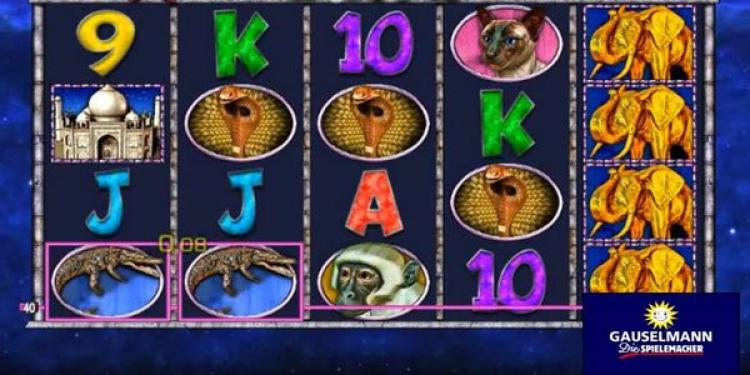Shiva Slot Shelved after Global Protests from Religious Communities
Posted: December 30, 2014
Updated: October 6, 2017

Gauselmann Group chairman apologizes for using Hindu god as a theme for slot game.
Following a string of protests headed by Hindu statesman Rajan Zed, the Internationally-acclaimed Gauselmann Group was forced to with draw its Hindu god Shiva-themed slot gambling game. The chairman of the group, Paul Gauselmann, also put his signature on a written apology addressed to Zed.
The world leader in online gambling made US gambling news when it recently launched the five-reels and 50 win-lines gambling machine dubbed ‘Shiva’. The Hindu committee took offense and a worldwide protest forced the group to remove the slot from the group’s game portfolio.
Though only the Hindu deity was inappropriately represented, Christian (United Church of Christ pastor Reverend Richard L. Smith), Buddhist (Jikai’ Phil Bryan) and Jewish (Rabbi ElizaBeth W. Beyer) leaders had also disapproved along with the Hindus on this issue.
Gauselmann apologizes
In the written apology, received by Zed, who is also the President of Universal Society of Hinduism, Gauselmann stated that he was sorry about the incident. He assured the alarmed public that that his company would remove Shiva slot gambling game from the market place.
Gauselmann further acknowledged that he understood ‘the confusion and irritation concerning this’. He also made a humble apology saying he truly regretted ‘the confusion this has caused’. He promised that his company would ‘be even more diligent concerning the design and the designation of our games in the future’.
Zed, in response, expressed his gratitude to the Gauselmann AG and Chairman. He said the worldwide Hindu community was relieved at the announcement that the slot would be withdraw, as the community thought ‘usage of Lord Shiva on slot gambling game was highly inappropriate’.
Zed went on to plea to multinational corporations to allow their senior executives to be sent for training in order to make them aware of the need to respect religious and cultural symbols worldwide. The ‘feelings of customers and communities when creating new products or launching advertising campaigns’ should be taken into consideration, he pointed out.
He even offered his insight, or that of his fellow Hindu scholars, should it be requested to help sensitize the gambling moguls. Zed had initially indicated that ‘Lord Shiva, who was highly revered in Hinduism, was meant to be worshipped in temples or home shrines and not for promoting gambling on slots for mercantile greed of an international company’.












